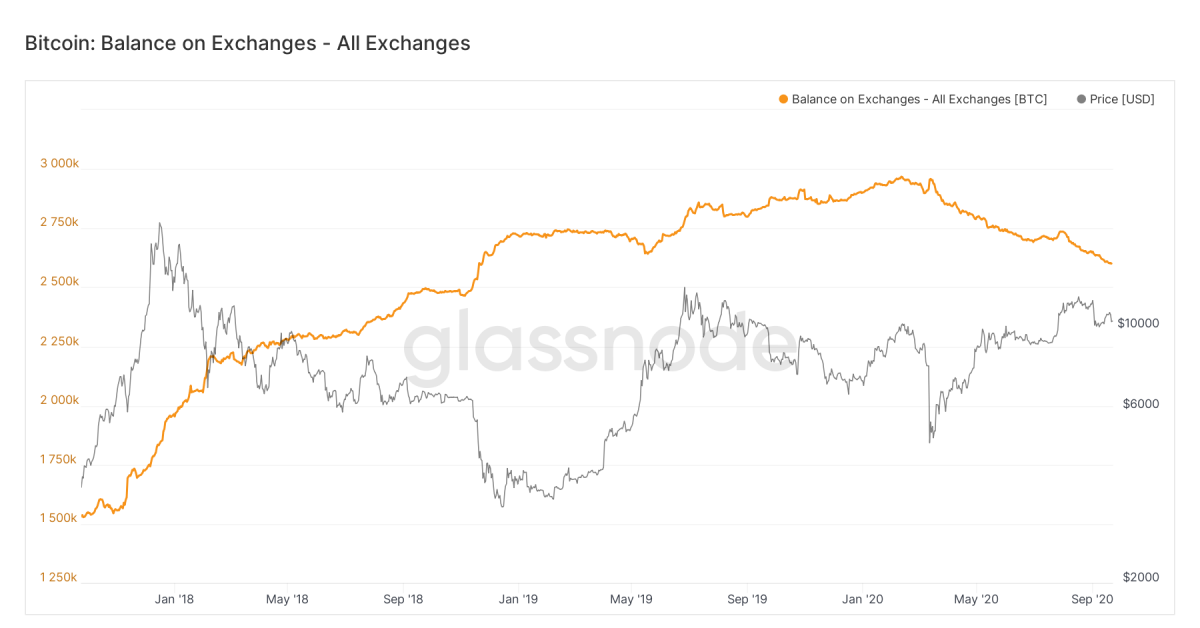AI Creates Security Risks and Attack Vectors. Can Blockchain Help?
There is no doubt that artificial intelligence (AI) has tremendous potential to enhance our lives. But many scholars, science fiction writers and technologists have sounded alarm bells over AI’s possible dangers. To this point, President Joe Biden’s administration aims to update an existing blueprint for AI principles to address data security, algorithmic discrimination and other threats.
But AI poses immediate risks, too. With AI comes new attack vectors for hackers to exploit, and Microsoft’s Chief Security Advisor Terence Jackson wrote in Forbes that “attackers may generate new and complex types of malware, phishing schemes and other cyber dangers that can avoid conventional protection measures.”
Chao Cheng-Shorland is CEO and co-founder of ShelterZoom, a leading Web3 smart-document and cyber resilience SaaS provider that built Document GPS.
Hospitals and healthcare organizations live under the constant shadow of ransomware attacks and data breaches. In the security context, AI introduces new security risks across organizations, while blockchain technology could present itself as a solution to this problem. (Of course, that’s not to overlook the tremendous potential AI offers healthcare in other spheres.)
Harnessing the best of AI while avoiding the worst-case scenarios of “the Singularity” requires a different approach to security, and blockchain technology provides that.
Even before ChatGPT, organizations from all sectors needed proactive cybersecurity capabilities to safeguard their sensitive data. With the expansion of AI applications in the workplace, it would be wise for founders, executives or IT managers to seriously consider using blockchain technology to not only boost efficiency but enable the highest level of data security.
After all, data, for most organizations, represents the most important asset.
By storing data in a decentralized and immutable manner, blockchain rejects unauthorized modifications or tampering with datasets used for training AI models. Blockchain applications can also stop AI from abusing the unauthorized generation of content intelligence. Since businesses involved in AI often need to send secure information to one another, blockchain-based platforms can facilitate secure sharing among organizations.
Blockchain’s inherent security and transparency can even help combat deep fakes and other fake AI-generated content through its immutable and traceable nature that secures ownership.
One can even imagine, for example, the U.S. Treasury Department’s Financial Crime Enforcement Network (FinCEN) using blockchain technology to create databases of financial records and dealings, and then applying an AI algorithm to analyze the data to detect cases of fraud or other abnormalities. In this scenario, the two technologies operate independently of each other, rather than being integrated into a single tool, product or platform.
While it’s true no one really knows exactly what the full integration of blockchain and AI would look like, there are some existing products and technologies that could provide a model for understanding.
Take cloud computing’s scalability and accessibility combined with the availability of big data. This conceivably enables businesses across virtually any industry to leverage AI capabilities without having to invest in expensive and complex infrastructure to build an AI.
What I mean by this is that AI is more than just smart vacuums and ChatGPT. And blockchain is obviously more than just Bitcoin and NFTs.
Just as AI is already being used by organizations in a number of everyday work functions from customer service to accounting and telemedicine, blockchain technology is already streamlining supply chain operations, digital identity verification and even allowing healthcare providers to enable easier patient access to medical records.
AI is already here, and its use will continue to expand with or without regulation. Let’s cut the lofty sci-fi talk and focus on the fact that AI needs blockchain security to ensure data integrity is maintained and unauthorized AI is not used.









